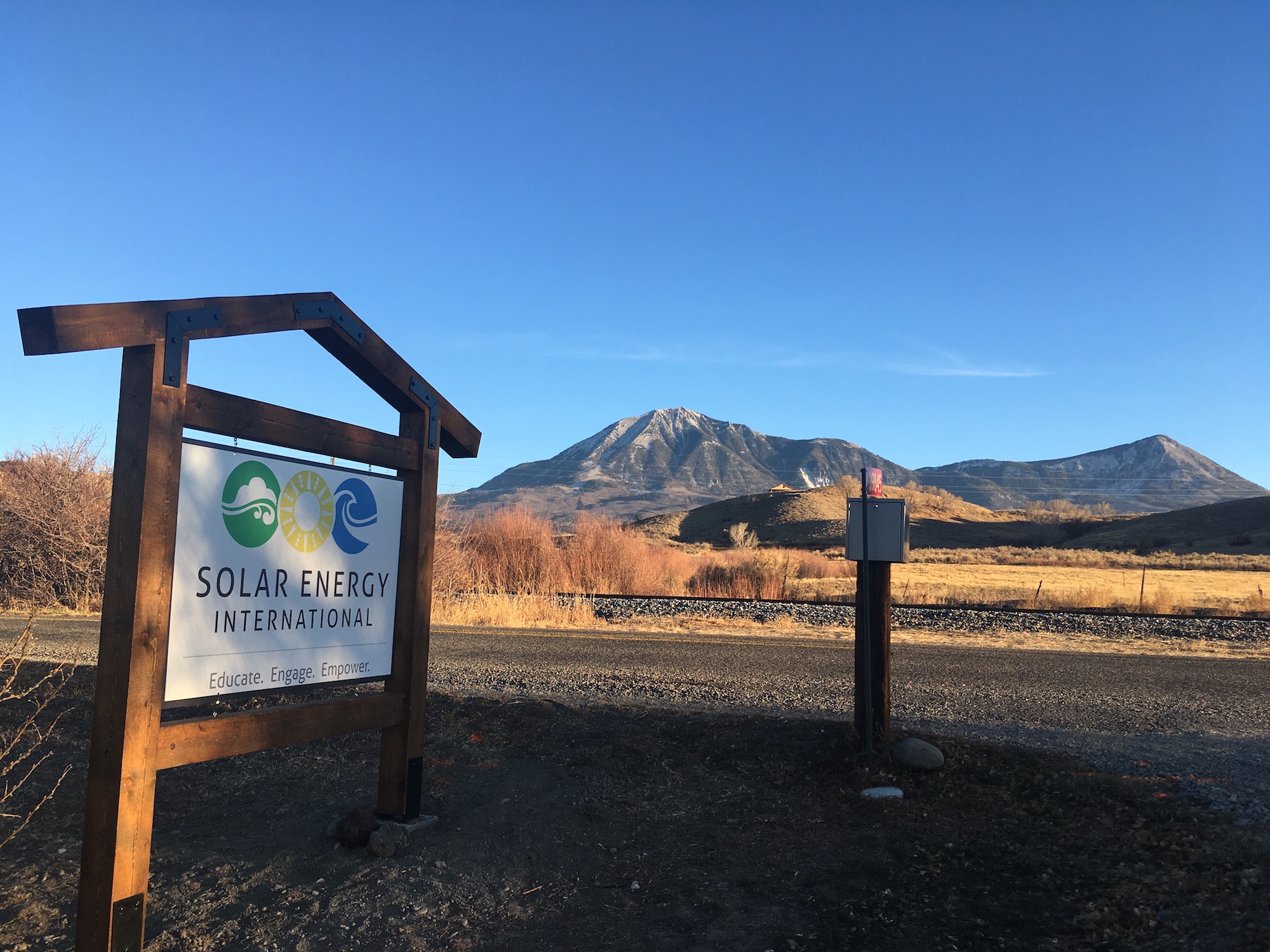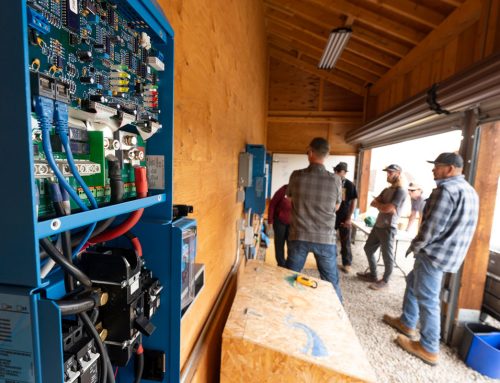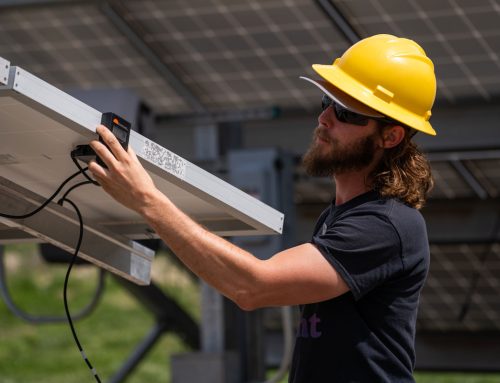Colorado has been the epicenter of a pivotal shift in the energy industry this past week. From a groundbreaking announcement of the state’s largest utility moving to zero carbon emissions by 2050 followed by a municipal utility making a similar pledge, to a rural electric cooperative in the West asking state regulators to weigh in on a fair exit fee from their coal-heavy electricity supplier, the powerful moves made this week toward a future powered by renewable energy have the potential to reverberate impact across the country.
Last week, Delta Montrose Electric Association (DMEA) filed with the Colorado Public Utilities Commission (PUC) “to exercise its statutory authority over Tri-State Generation & Transmission as a public utility and adjudicate a just, reasonable and nondiscriminatory exit charge.” Tri-State, which primarily supplies electricity from fossil fuels, limits all of its members to 5% renewable energy, while at the same time their electricity costs have increased by 56% since 2005.
If the PUC rules in DMEA’s favor, it could potentially cause an exodus of other electric co-ops to follow in DMEA’s footsteps, or force Tri-State to significantly raise the cap on renewables. Either way, this is a win for renewables.
We can look across the country to Georgia for an example of why this decision could be so impactful. Just last week, a partnership opportunity model emerged between consumer-owned coops and corporate renewable energy procurers when Georgia’s Walton Electric Membership Corporation revealed contract details for three solar projects that will supply a Facebook data center in the state. The projects will add up to 202.5 megawatts in total capacity.
In this case, Facebook chose a coop over a larger investor-owned utility (IOU). A Facebook spokesman told Greentech Media the move was in part due to a commitment “to the communities that host us, and part of that is working to bring additional investment to these communities, including new renewable energy resources.”
The news in Colorado and Georgia jointly reveals that renewable energy is emerging as primarily an issue of economic development as opposed to simply combating climate change. As an industry-leading training organization, SEI recognizes the potential of job opportunities created by projects such as these, and we are so excited for the increased support and access to renewable energy.
There’s a movement happening and it’s swelling from the ground level. DMEA is making this move because we, their members, voted in favor of them moving forward with a new vision, and their Board, which is composed of everyday citizens from Delta and Montrose Counties, is bold enough to see this fight through until the end.
We are excited for this win-win scenario for renewable energy, and are looking forward to powering forward into the future as a leading training provider in solar energy, empowering the growing workforce as the industry continues to thrive.





